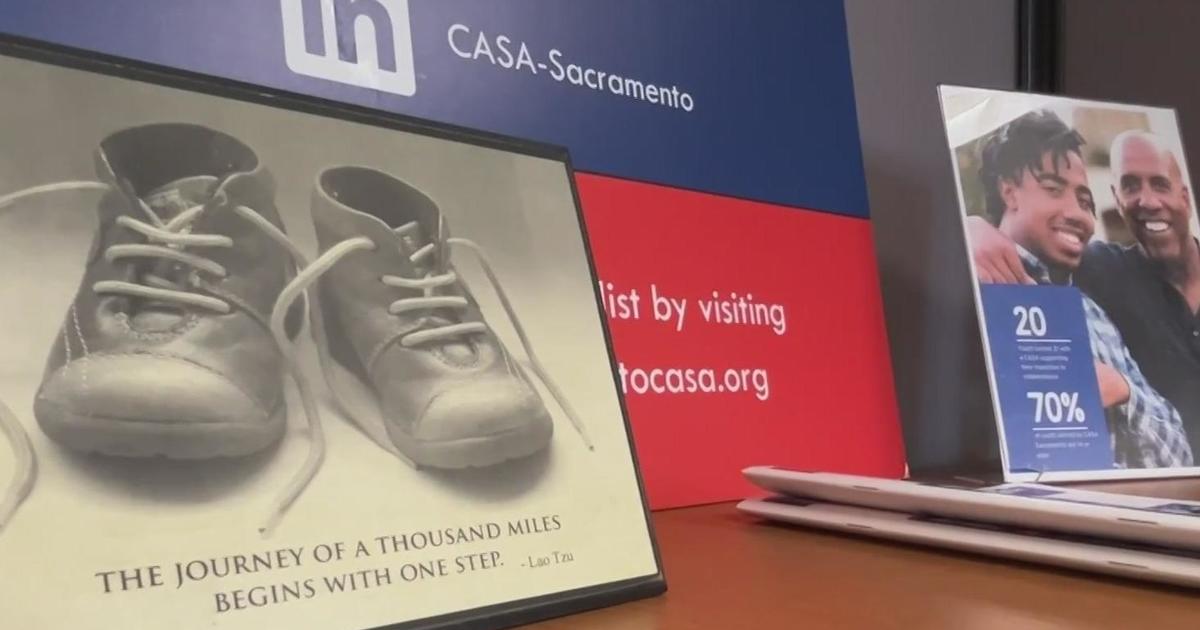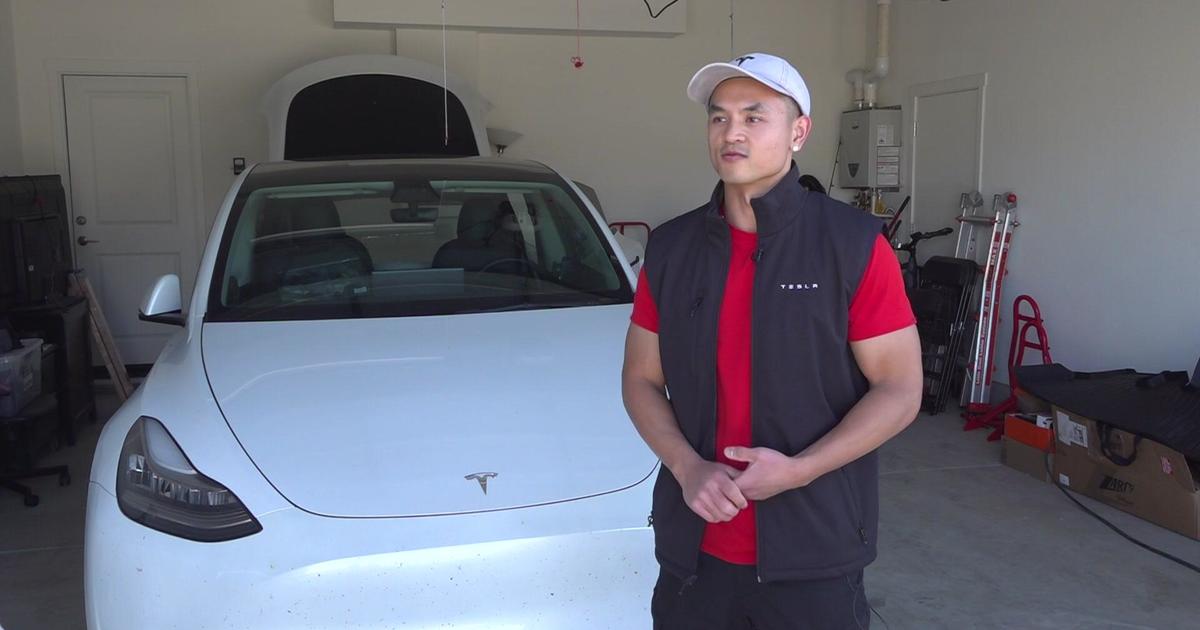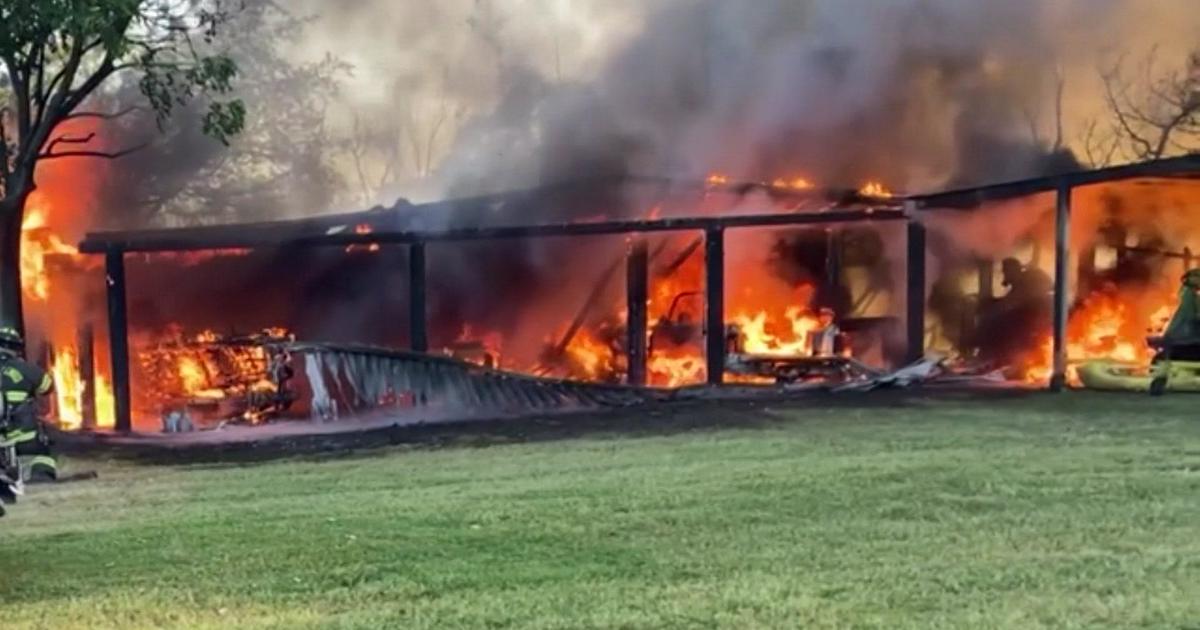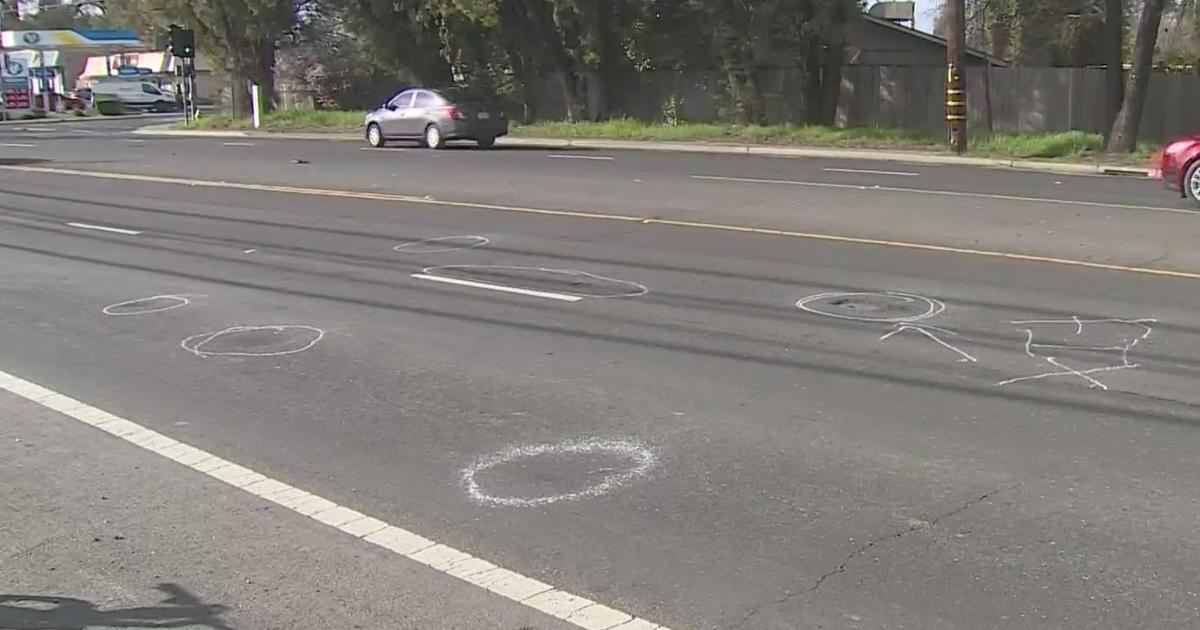Drought Turns Sacramento-San Joaquin Delta Into Tug-Of-War Between Water Interests
SAN JOAQUIN DELTA (CBS13) — When you talk about the Delta, the future of farming, fish and drinking water are all at stake.
Nothing about California's water system is easy, but this is one of the most complicated parts where solutions are urgently needed, but answers are hard to come by.
Retired firefighter Matt Ost is in no rush on a breezy waterway he first discovered 15 years ago.
"I fell in love with it, I mean, I love the place," he said.
MORE: California Drought Special
All appears calm on the picturesque and peaceful day.
"When you look around here you go, you kidding me? There's tons of water," he said.
But that's deceiving, given the dizzying tug of war over the dwindling water in the Sacramento-San Joaquin Delta, a fierce battleground unlike anywhere else in the state.
Farmers complain too much water is being released from reservoirs to protect fish rather than save crops.
"You have orchards, vineyards, crops dying on the vine," said Bruce Blodgett with the San Joaquin Farm Bureau Federation. "Obviously, that's not going to work."
Environmentalists argue endangered fish are sacrificial lambs for big agriculture.
"It's an entire ecosystem that's collapsing," said Bill Jennings with Save The Delta. "Too much water is going to low-value crops that employ few people."
But don't reduce this back-and-forth to farmers versus fish.
"The system's a lot more complicated than that," Blodgett said.
The vast 720,000-acre network of rivers and islands is the largest estuary on the West Coast and home to one of the most complex and contentious water delivery systems ever made.
Water that begins as snow runoff in the Sierra is pumped from the Delta to Central Valley cities and farms and sent to Southern California.
In the fourth year of the drought, tensions are higher than ever before.
The State Water Resources Control Board is charged with balancing the needs of agriculture with maintaining quality drinking water for millions with keeping water temperatures right for fish like smelt and salmon. And it's hearing it from all sides.
Blodgett isn't mincing words when it comes to the state.
"We're seeing some really poor decisions that are being made," he said. "They've not done anything consistently anything with a solid message that benefits anyone—not the fish, not the farmers, not the urban communities. In their effort to balance everything, they're messing it up for everyone."
Just ask him about Gov. Jerry Brown's twin tunnels plan to restore the Delta and improve water delivery. It's seen in the San Joaquin Valley as nothing more than a Southern California water grab.
"That's the only answer the governor has right now? Pretty pathetic," he said.
Meanwhile, Jennings warns the ecosystem is in grave danger, saying it "is being sacrificed on the altar of greed."
The Delta smelt, was one of the most abundant species in the area. It's become a scapegoat for some, and an environmental bellwether to others.
Now, Jennings says the tiny fish is on the brink of extinction. He blames poor Delta health on the state giving out more water than it should have for years. The lesson, he says, is there are limits to growth.
"The fundamental problem is that California can't live within its means," he said.
Blodgett says his takeaway is the state needs more water storage.
"We're battling over the same amount of water rather than trying to figure out how to bring more water into the system," he said.
Back on the boat, Ost says from what he reads, he's worried about the future of a place he loves.
"Everything is kind of dire," he said. "It's not super complicated; it's just that everyone has their own needs."
He sees a solution to the water battle.
"Mother Nature. That's what it's going to take," he said, "Mother Nature to cooperate."
Until the region sees rain, it may take groups with seemingly polar-opposite interests to find a way to work together in the latest round of the state's high stakes water wars.
"Our fates are intertwined," Jennings said. "What's good for fish is good for Delta farmers and vice versa."



